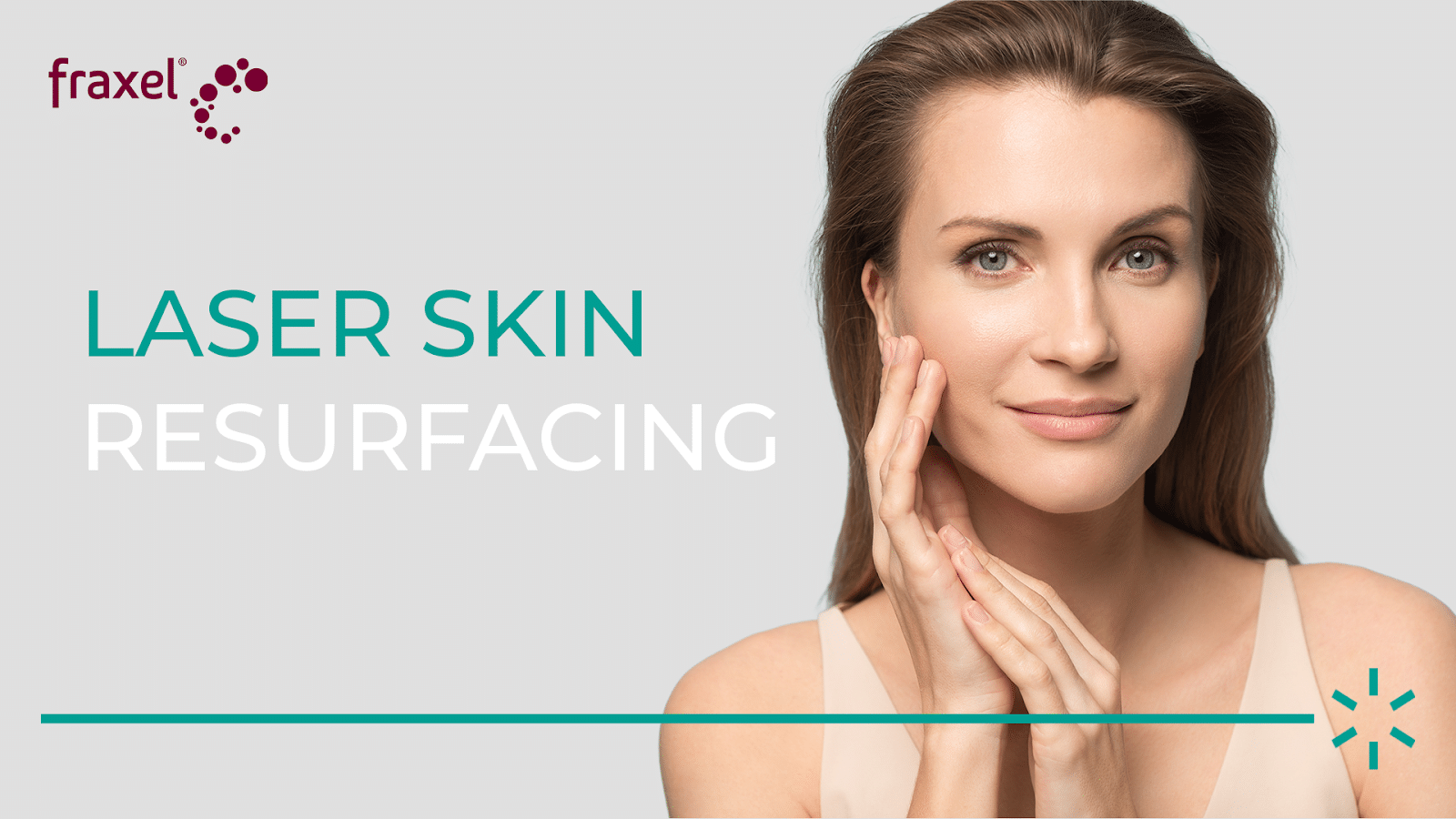Blogs
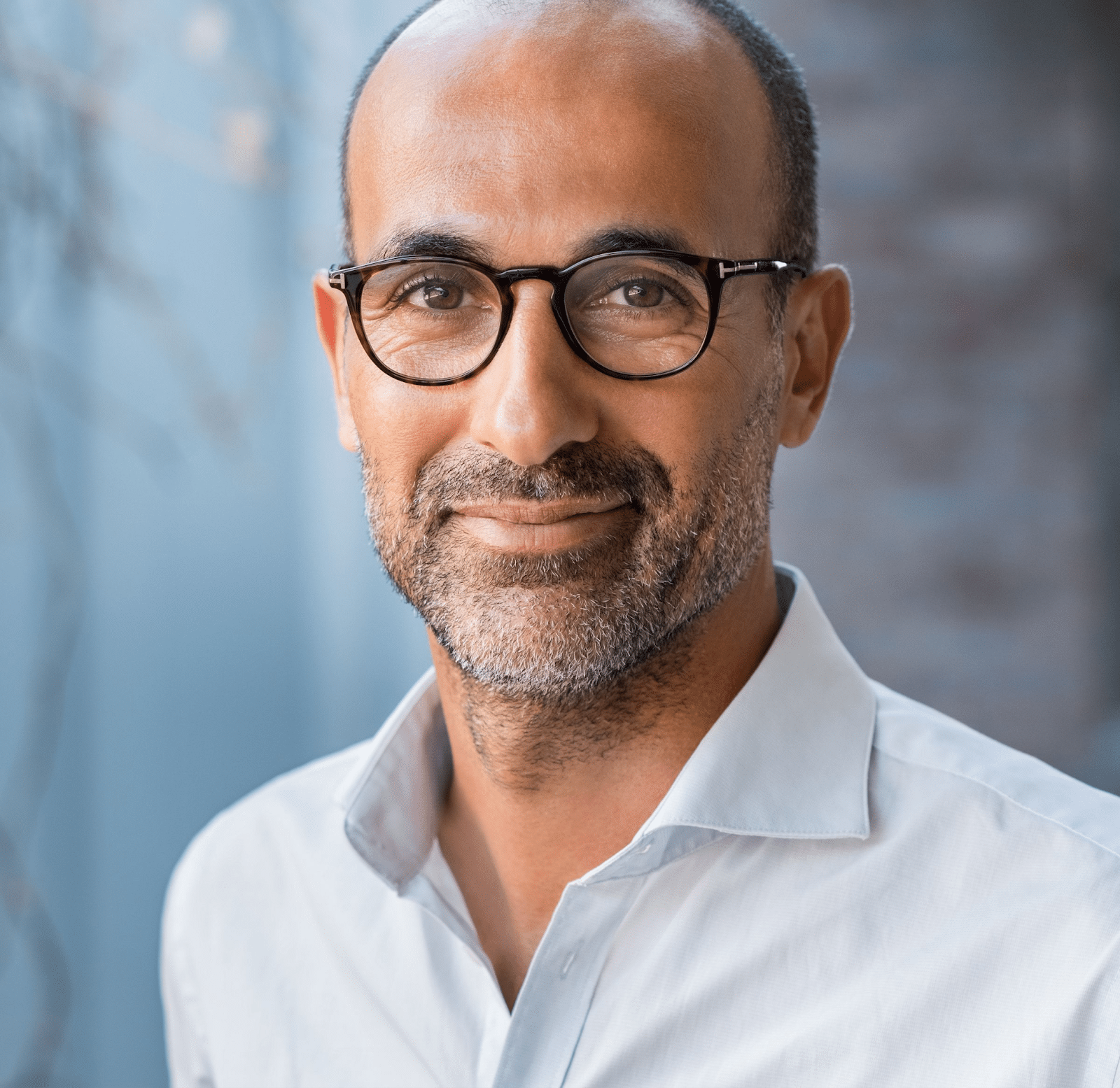
CoolSculpting and CoolTone for Men: Confidence-Boosting Treatments for Father’s Day
This Father’s Day, celebrate the dads in your life—including yourself—with treatments that deliver real results without the downtime. Men today are increasingly embracing non-surgical body contouring options that fit their busy lifestyles while helping them achieve the sculpted physique they’ve been working toward. At Cosmetic Laser Dermatology, we understand that men face unique body contouring
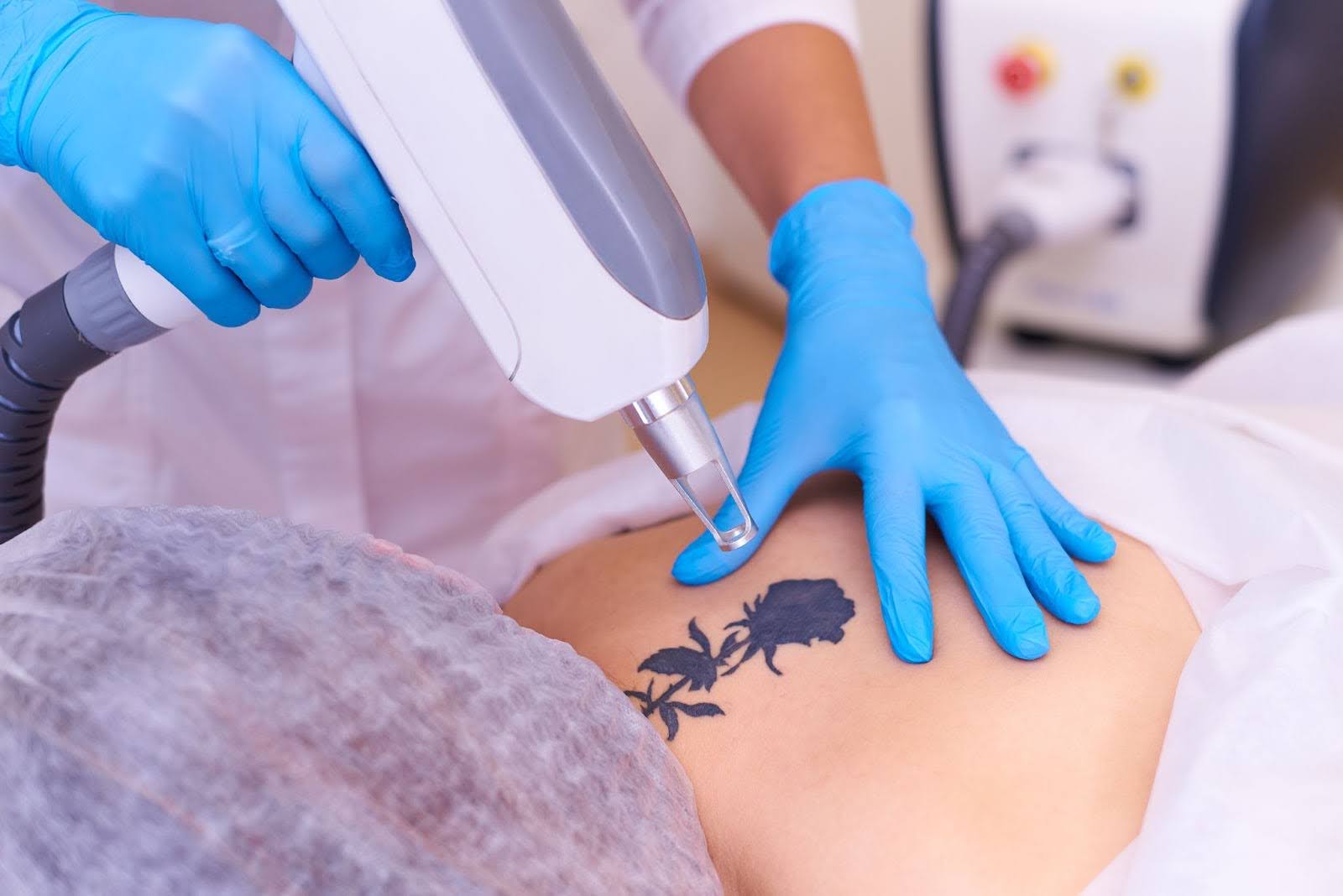
When “Temporary” Tattoos Stick Around: Understanding Fading Ink, Regret, and Effective Removal
In recent years, the allure of “temporary” tattoos, such as those offered by Ephemeral, has captivated many. Promising designs that fade within a year, these tattoos seemed like the perfect commitment-free body art. However, as highlighted in a recent USA Today article, numerous individuals find themselves with lingering ink, leading to unexpected tattoo regret. At

Neck Tightening Treatments That Define Your Summer Profile
Summer is the season of selfies, beach photos, and special events where you want to look and feel your absolute best. If you’ve been feeling self-conscious about your neck and jawline in photos, you’re not alone. The good news? Modern dermatology offers incredible solutions to help you achieve a more defined, youthful profile just in

Sculptra® and Botox®: The Dynamic Duo for a Youthful Appearance
Are you seeking comprehensive facial rejuvenation without surgery? The combination of Botox Cosmetic and Sculptra might be the perfect solution you’ve been looking for. This powerful pairing addresses different aspects of facial aging simultaneously, creating natural-looking, harmonious results that neither treatment could achieve alone. Understanding Facial Aging: A Multi-Dimensional Process As we age, our faces
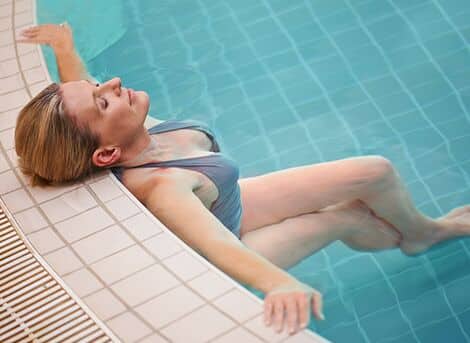
CoolSculpting, Cool³, and ThermiSculpt: Non-Invasive Solutions for Postpartum Body Contouring
Postpartum body contouring with non-invasive treatments Pregnancy transforms your body in remarkable ways, but the journey doesn’t end with delivery. Many new mothers find themselves dealing with stubborn fat deposits, loose skin, changes in body contours, and even concerns like C-section scars and cellulite that diet and exercise alone can’t address. If you’re looking to

The Pros and Cons of Nose Filler: What You Need to Know
Many people feel self-conscious about the shape or size of their nose, but not everyone is ready for surgical rhinoplasty. Nose filler, also known as nasal filler or liquid rhinoplasty, offers a non-surgical alternative to address certain nasal concerns. However, like any cosmetic procedure, nose filler comes with both advantages and significant risks that require

Is There Such a Thing as “Non-Invasive Liposuction”?
This one is easy: There’s no such thing as non-invasive lipo. Liposuction, by definition, is a surgical procedure that removes fat through small incisions. However, there are several non-invasive treatments used for body contouring that can have remarkably similar results to liposuction. Read on to learn more about these procedures and how you can use

Get it Off Your Chest! The Best Treatments for Chest Wrinkles
If you’re starting to notice fine lines and creases around your neck, you’re not alone. Wrinkles on the chest often develop due to natural aging, sun exposure, and even the way you sleep. Read on to learn more about how to get rid of chest wrinkles and how to prevent their appearance. What Causes Chest
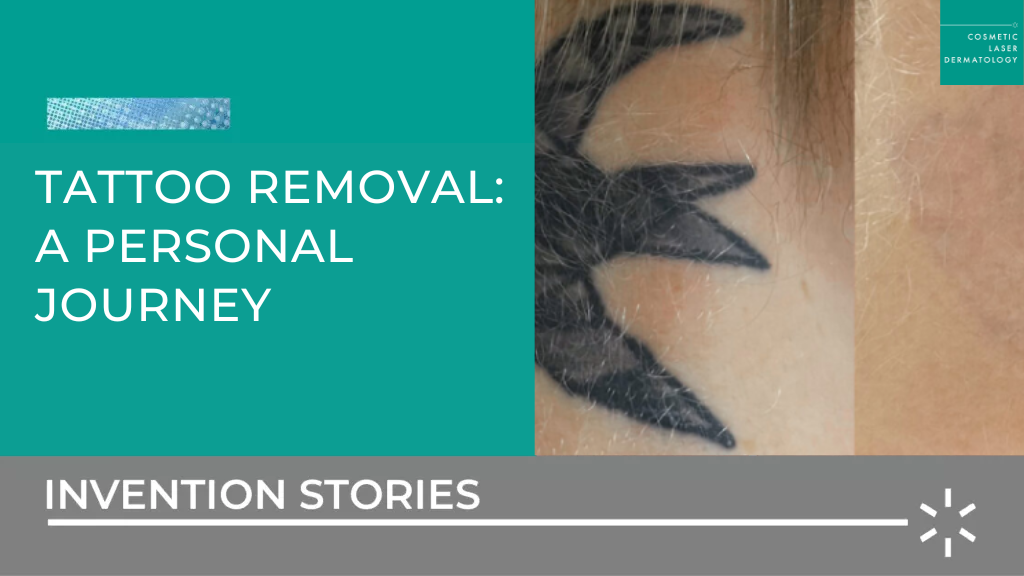
The Remarkable Evolution of Laser Tattoo Removal: A Personal Journey
By Mitchel P. Goldman, MD Tattooing is an ancient practice, with more than one-third of Americans today having at least one tattoo. Yet nearly 30% of those individuals eventually seek removal, driven by personal growth, changing relationships, or evolving tastes. Before lasers, tattoo removal was challenging, painful, and often left scars. In the late 1980s,
